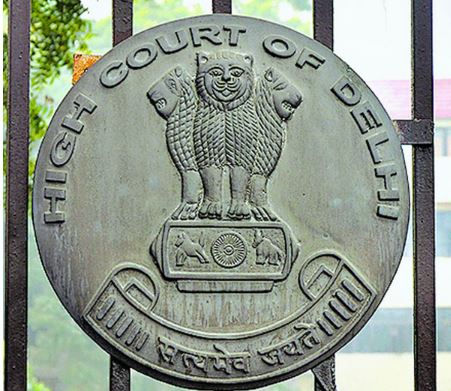Upholding Historical Remembrance: Court Dismisses Challenge to ‘Samvidhan Hatya Diwas’
The Delhi High Court recently delivered a landmark ruling, dismissing a Public Interest Litigation (PIL) petition that sought to overturn the central government’s decision to designate June 25th as ‘Samvidhan Hatya Diwas’ (Constitution Assassination Day). This date marks the somber anniversary of the imposition of Emergency rule in 1975, a dark chapter in India’s democratic history.
Judicial Scrutiny and Constitutional Interpretation
The petitioner, Samir Mailk, contended that the government’s decision was not only unconstitutional but also amounted to an “insult” by associating the word “hatya” (murder) with the “Samvidhan” (Constitution), a revered “living document.” The court, however, meticulously analyzed the government’s notification and concluded that it was not directed against the proclamation of Emergency itself, but rather against the subsequent abuse of power, misuse of laws, and the excesses that transpired during that period.
Safeguarding Democratic Principles
The High Court emphasized that the term “hatya” in this context did not undermine or disrespect the Constitution. It drew parallels with the frequently used phrase “murder of democracy,” asserting that the petition lacked merit. The court’s decision underscores the importance of historical remembrance and critical evaluation of past events to prevent the recurrence of authoritarian tendencies.
Preserving Constitutional Sanctity
The petitioner had also invoked the Prevention of Insults to National Honour Act, arguing that the government’s use of “offending language” in relation to the Constitution was unacceptable. The court, however, clarified that the notification’s purpose was to condemn the abuse of power, not the Constitution itself. This reaffirms the judiciary’s role in upholding the sanctity of the Constitution and safeguarding democratic values.
Summary
The Delhi High Court’s dismissal of the PIL challenging the observance of ‘Samvidhan Hatya Diwas’ is a victory for historical remembrance and a reaffirmation of the judiciary’s commitment to upholding constitutional values. This decision allows for critical reflection on a turbulent period in India’s history, reminding us of the importance of safeguarding democratic principles and preventing the abuse of power.
Soumya Smruti Sahoo is a seasoned journalist with extensive experience in both international and Indian news writing. With a sharp analytical mind and a dedication to uncovering the truth, Soumya has built a reputation for delivering in-depth, well-researched articles that provide readers with a clear understanding of complex global and domestic issues. Her work reflects a deep commitment to journalistic integrity, making her a trusted source for accurate and insightful news coverage.



